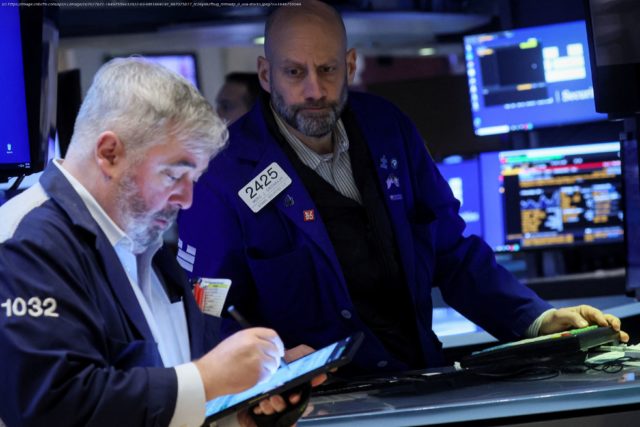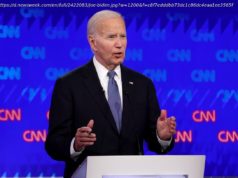Since the end of World War II, the entire economic architecture of the planet has changed.
Since the end of World War II, the entire economic architecture of the planet has changed. Whether it was the formation of the European Common Market, now the European Union, the collapse of the Soviet Union, China’s rise as an economic superpower and the widening of the World Trade Organization, which today includes both Russia and China (and over 160 other member countries), the aim of the post-war world was to bind national economies together to reduce the chances of another world war. Against that backdrop, globalization, which as former National Security Advisor, H.R. McMaster noted on CNBC last week, the world traded supply chain security for supply chain efficiency. The net effect of that trade was manifold. Costs came down for consumer goods as production shifted to low wage countries. Global poverty declined by record numbers as average wages rose in developing nations. International trade, in both goods and services, exploded and for the better part of the last 30 years, relative peace and prosperity were the norm. That transformed the world in ways that ultimately benefitted equity investors, as well. The interconnected global economy boosted stock markets around the world. True, there were several boom-and-bust cycles throughout this period but returns on financial assets were robust. Global growth, rapid technological advancement, disinflation were features, not bugs, of this New World Order. «The Great Moderation» in the U.S. economy began when former Federal Reserve chairman, Paul Volcker, broke the back of inflation in the early 1980s, global economies became increasingly competitive then too, and pro-growth, free-market policies gave rise to further gains. But in only two short weeks, new questions have arisen as to whether that model is now broken and we will have to rethink how the global economy works and how to invest as the pandemic, the war in Ukraine and an increasingly competitive and combative China alter our long-held beliefs about globalization, inflation and economic integration.
Домой
United States
USA — Science Insana: Russia's Ukraine invasion is a turning point for investors as the...






